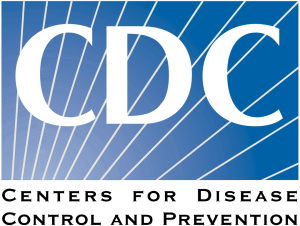The below article was published by The CDC on CDC.gov here.
Legionnaires’ (LEE-juh-nares) disease is a very serious type of pneumonia (lung infection) caused by bacteria called Legionella. If you develop pneumonia symptoms and may have been exposed to Legionella, see a doctor right away. Be sure to mention if you have used a hot tub, spent any nights away from home, or stayed in a hospital in the last two weeks.
to Legionella, see a doctor right away. Be sure to mention if you have used a hot tub, spent any nights away from home, or stayed in a hospital in the last two weeks.
Legionnaires’ Disease Can Cause Pneumonia Symptoms
Signs and symptoms of Legionnaires’ disease can include:
► Cough ► Muscle aches ► Fever ► Shortness of breath ► Headache
Doctors use chest x-rays or physical exams to check for pneumonia. Your doctor may also order tests on a sample of urine and sputum (phlegm) to see if your lung infection is caused by Legionella.
Legionnaires’ Disease Is Serious, but Can Be Treated with Antibiotics
Legionnaires’ disease is treated with antibiotics (drugs that kill bacteria in the body). Most people who get sick need care in a hospital but make a full recovery. However, about 1 out of 10 people who get Legionnaires’ disease will die from the infection.
Certain People Are at Increased Risk for Legionnaires’ Disease
Most healthy people do not get Legionnaires’ disease after being exposed to Legionella. Being 50 years or older or having certain risk factors can increase your chances of getting sick. These risk factors include:
► Being a current or former smoker
► Having chronic lung disease, such as emphysema or chronic obstructive pulmonary disease (COPD)
► Having a weakened immune system from diseases like cancer, diabetes, or kidney failure
► Taking medication that weakens your immune system
Legionella Are Usually Spread through Water Droplets in the Air
In nature, Legionella live in fresh water and rarely cause illness. In man-made settings, Legionella can grow if water is not properly maintained. These manmade water sources become a health problem when small droplets of water that contain the bacteria get into the air and people breathe them in. In rare cases, someone breathes in Legionella while they are drinking water and it “goes down the wrong pipe” into the lungs. You can’t catch Legionnaires’ disease from someone else. You also can’t get someone else sick if you have it.
